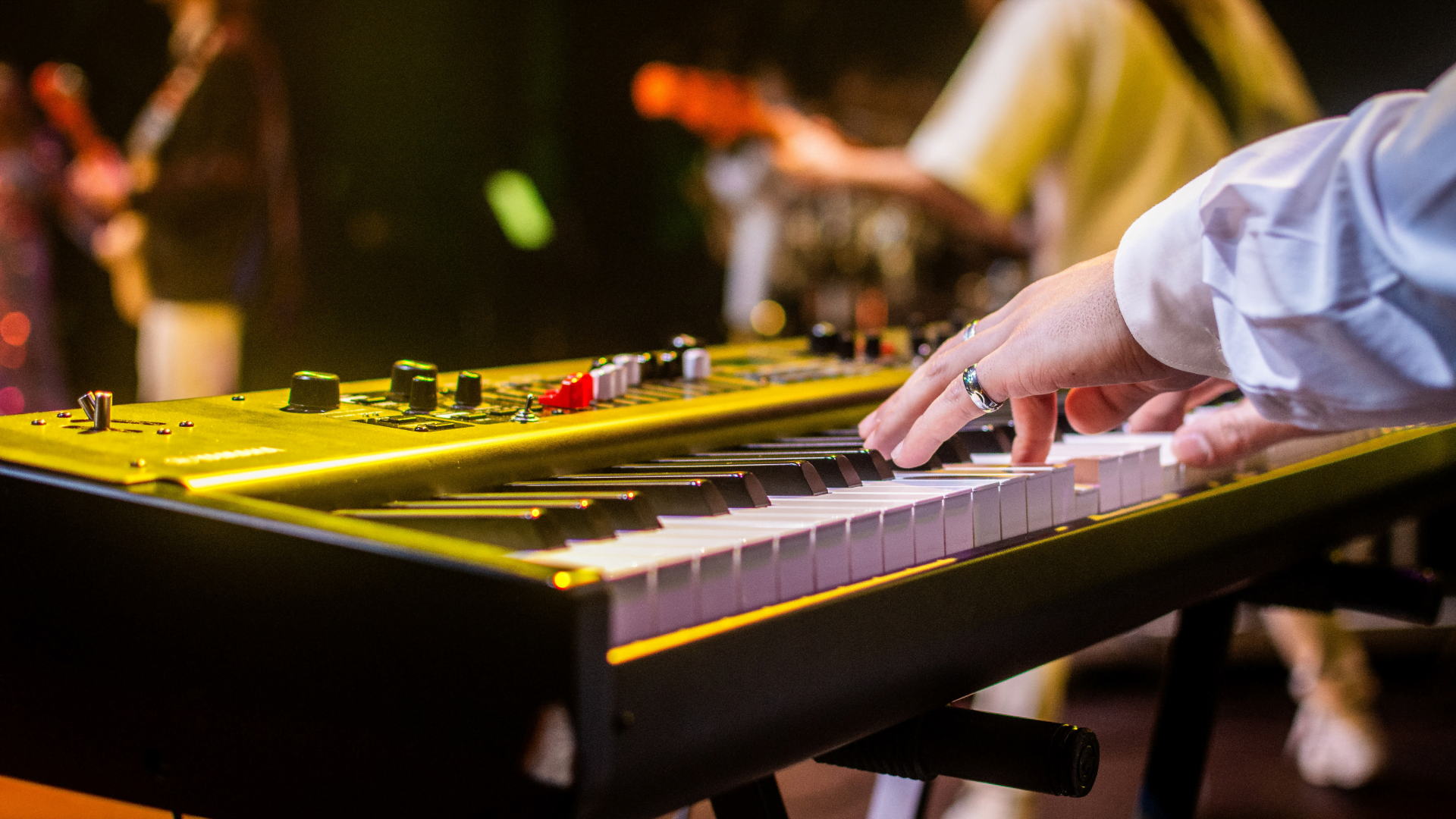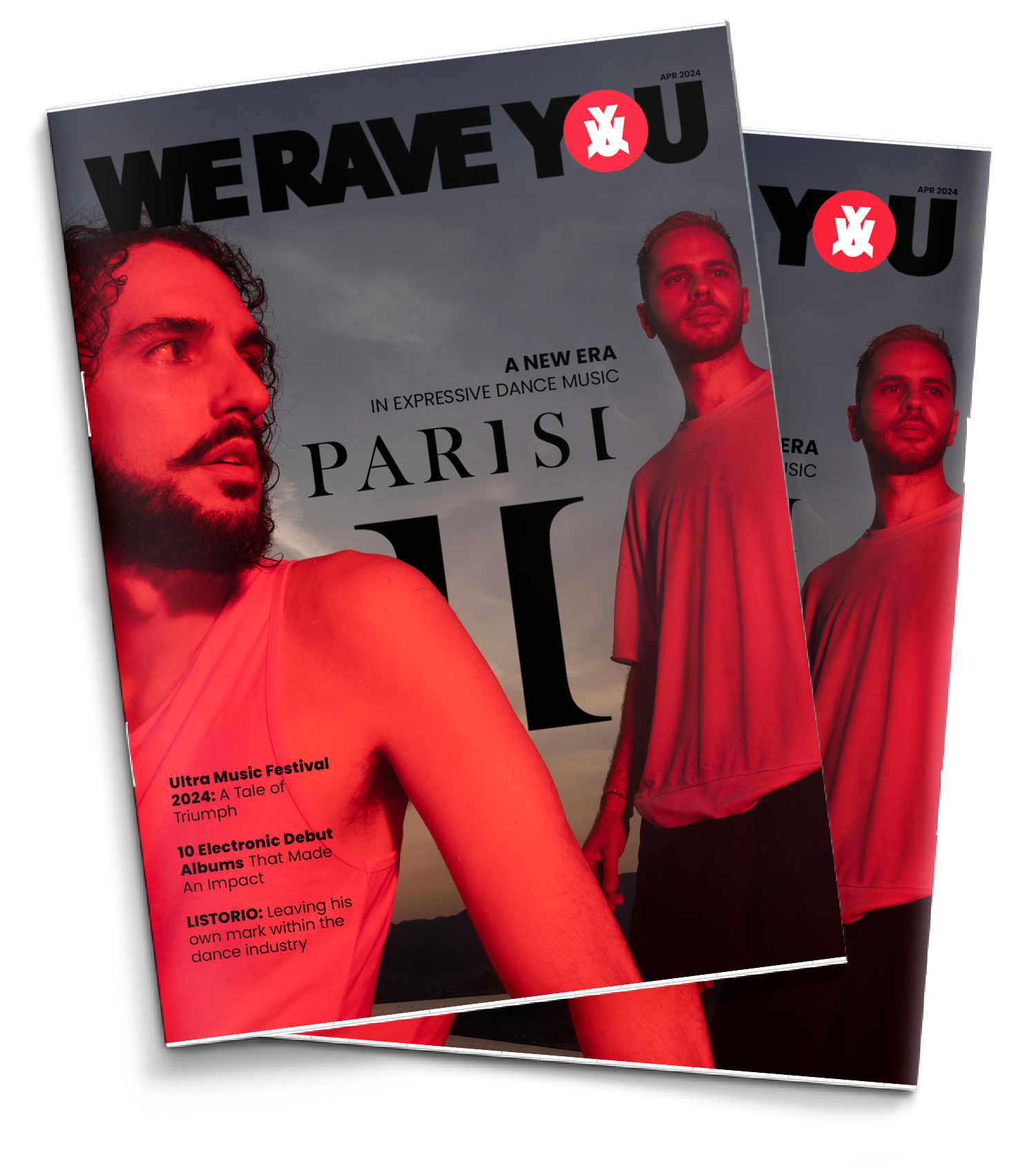

Best MIDI Keyboards in 2024 for Music Production
As electronic music production continues to surge in popularity, MIDI keyboards have solidified their essential role in modern music creation workflows. With the global MIDI controller market projected to reach $235 million by 2029, manufacturers are doubling down on MIDI keyboard innovation. The Asia Pacific region alone is expected to account for $83.77 million of the 2029 market. In 2024, producers and performers will have a wealth of new MIDI keyboard models across key ranges like 25, 49, 61 and 88 keys to choose from. Whether a seasoned professional or a beginner bedroom producer, musicians are seeking out the perfect MIDI keyboard to seamlessly integrate with their digital audio workstations and virtual instrument libraries. With an eye towards intuitive operation, robust build quality, and forward-thinking feature sets, 2024’s top MIDI keyboards aim to empower producers and performers to craft their most expressive and technically-pristine compositions yet.
List:
- Novation LaunchKey & FLKey Mini
- Native Instruments Kontrol S88 MK3
- Roland A-88MKII
- Arturia Keylab 88 MKII
- Nektar Panorama P6 61-Key
- Arturia MiniLab 3
- M-Audio Hammer 88
- Akai MPK Mini Play
- Lumi Keys Studio Edition
- Roli Seaboard RISE 2
- Kawai VPC1 Virtual Piano Controller
Novation LaunchKey & FLKey Mini
Novation
LaunchKey
Novation’s LaunchKey line offers a range of MIDI keyboard controllers designed to seamlessly integrate with Ableton Live and other DAWs. The series includes compact 25-key and 37-key models ideal for limited studio spaces, as well as 49-key, 61-key, and full 88-key versions for those needing a fuller keyboard. All LaunchKeys feature velocity-sensitive pads for rhythm programming and knobs for tweaking sounds. They come bundled with Ableton Live Lite, XLN Audio’s Addictive Keys virtual piano, samples from AAS and Spitfire Audio, and Klevgrand reverb and cassette emulation plugins. With built-in scale modes, arpeggiation, and deep Ableton integration, LaunchKeys provide an inspiring and intuitive hybrid hardware/software music production experience across different price points and keyboard sizes.
Purchase HereFLKey
Novation’s FLKey line marks the world’s first dedicated controllers for the popular FL Studio DAW. The compact 25-key FLKey Mini and larger 37-key FLKey model both integrate deeply with FL Studio’s step sequencer, channel rack, and mixer. Intuitive controls include pads that map to the step sequencer, knobs for tweaking levels and panning, and scale/chord modes that ensure you never hit a wrong note. The Mini offers major, minor, dorian and phrygian scale modes, while the 37 adds mixolydian, harmonic minor, pentatonic modes, and powerful chord capabilities. Both sport a stylish, solid build with responsive pads and keys. While the Mini is ultra-portable, the 37 packs more dedicated transport controls. Either way, FLKey provides an ultra-tight FL Studio workflow in an inspiring and well-built package, complete with bundled software/plugins.
Purchase HereNative Instruments Kontrol S88 MK3
The NI Kontrol S88 MK3 is a powerhouse, positioning itself as the central hub for any studio setup. Boasting an overhauled design of durability and aesthetic appeal, this controller houses an 88-key Fatar keybed – the first widely available hammer-action polyphonic aftertouch keyboard of its kind. A high-resolution full-color screen facilitates seamless navigation, tweaking, and mixing, enhancing the user experience. Moreover, the advanced NKS technology ensures unparalleled software integration, offering direct access to Kontakt and a myriad of partner instruments, effects, and sounds. The S88 MK3 features anodized aluminum knobs, pitch and modulation wheels, and USB-C bus power.
Purchase HereRoland A-88MKII
The Roland A-88MKII prioritizes unmatched playability with its acclaimed PHA-4 keyboard and durable wood construction. Its sleek design suits contemporary studio setups and features 8 RGB-lit assignable knobs, 8 RGB-lit pads, and 3 pedal inputs. With USB-C connectivity, MIDI 2.0 readiness, and a control app for customization, this controller seamlessly integrates with various platforms.
Purchase HereArturia Keylab 88 MKII
The Arutria Keylab 88MKII boasts an 88-note Fatar TP/100LR keybed with aftertouch, velocity-sensitive, hammer-action keys for a genuine piano feel. Equipped with 16 RGB-backlit performance pads, a control bank with nine faders and rotary knobs, and four CV/Gate outputs for modular equipment control, it offers versatility in performance and production. The keyboard seamlessly integrates with Arturia software instruments, allowing easy navigation through presets for various DAWs. With extensive connectivity options, including expression, sustain, CV/Gate, MIDI, USB, and three assignable pedal inputs, it accommodates diverse setups.
Purchase HereNektar Panorama P6 61-Key
The Nektar Panorama P6 61-key is an integrated keyboard controller designed for seamless use with Bitwig Studio, Cubase, Logic Pro, and Reason. With a 61-key layout, weighted keys, and 12 velocity-sensitive pads, it offers a balanced and expressive playing experience. The device features a clear 3.5″ color TFT display for navigation, while its extensive controls, including encoders and faders, allow immediate manipulation of up to 93 parameters. With deep integration across various DAWs and several connectivity options, the Panorama P6 stands as a competitive choice for modern music production.
Purchase HereArturia MiniLab 3
The Arturia MiniLab 3 Hybrid Keyboard offers a wide range of capabilities in a compact design. Its mini display and clickable browsing knob provide real-time feedback, while custom DAW scripts ensure smooth integration with major DAWs. Octave buttons, Transpose, touch sensors for pitch bend and modulation, and pedal control options offer a dynamic range of expression. With USB-C MIDI connectivity, MIDI 5-pin DIN output, and seamless integration with Arturia software instruments, including Analog Lab, this keyboard is a powerhouse for streamlined and convenient music production.
Purchase HereM-Audio Hammer 88
The M-Audio Hammer 88 offers 88 fully-weighted, hammer-action keys, providing an authentic piano feel. This professional-grade instrument offers USB-MIDI and 5-Pin MIDI Output for versatile connectivity. With pitch bend, modulation, volume controls, and dual keyboard zones, it facilitates expressive performances and creative layering. Inputs for Sustain, Expression, and Soft pedals cater to individual preferences. The Hammer 88 Controller Editor ensures easy customization, and an optional power adapter allows stand-alone use, making it an ideal choice for musicians seeking a versatile MIDI keyboard.
Purchase HereAkai MPK Mini Play
The Akai Professional MPK miniplay mk3 is a portable MIDI keyboards designed for on-the-go music creation. With over 14 hours of battery life, it eliminates the need for power adapters. The built-in speaker enhances the listening experience, while the new Gen 2 keybed ensures dynamic performance. Featuring real MPC drum pads, and Class Compliant plug-and-play capability, the MPK mini-play is a versatile and compact tool for instant music production.
Purchase HereLumi Keys Studio Edition
The LUMI Keys Studio Edition is designed for modern music creation. Packed with the Evolving Classics Collection, Dimension Art, and Synthetic Resistance Soundpacks, it offers a diverse range of sounds to inspire your compositions. With Bluetooth 5.0, USB-C connectivity, and pressure-responsive keys featuring Polyphonic Aftertouch, this keyboard provides expressive performance. Backed by a two-year full warranty, the LUMI Keys Studio Edition is your compact gateway to limitless musical exploration.
Purchase HereRoli Seaboard RISE 2
The Seaboard RISE 2 allows easy touch adjustments with Touch Faders, mimicking a piano or enhancing expression allowing you to record modulation directly into your track. Bundled with Equator2, an impressive MPE synth, it offers 1400+ versatile presets for every musical taste. The ROLI Dashboard simplifies tweaking, and with USB-C connectivity, sustain pedal support, and MIDI port compatibility, it’s perfect for both studio and stage. Backed by a solid two-year warranty, the Seaboard RISE 2 brings innovation without the hype.
Purchase HereKawai VPC1 Virtual Piano Controller
The Kawai VPC1, are cutting-edge MIDI keyboards for virtual piano enthusiasts in 2024, redefines the playing experience with its celebrated wooden-key RM3 Grand II action. The device offers 88 real wooden keys and a sleek surface for your gear. Connecting seamlessly via USB or MIDI, it caters to both software and hardware setups. The included F-30 triple pedal controller enhances realism, while customizable touch curves and individual key adjustments provide a tailored experience.
Purchase HereFAQ
Q: What are the advantages of using a MIDI keyboard?
A: MIDI keyboards allow you to play and record MIDI performances, control virtual instrument plugins, and integrate tightly with your DAW for editing and arranging. They provide an expressive, intuitive way to create MIDI compositions.
Q: What are the different key sizes for MIDI keyboards?
A: Common sizes include 25, 37, 49, 61, and 88 keys. Larger keyboards better replicate the full range of a piano, while smaller portable units are convenient for travel and limited setups.
Q: What features should I look for in a MIDI keyboard?
A: Important features include key action/feel, build quality, control surface (pads, knobs etc), display, connectivity options like USB and 5-pin MIDI, and bundled software/plugins. Integration with your DAW is also crucial.
Q: Are MIDI keyboards good for beginners learning music?
A: Absolutely. Many MIDI keyboards have features tailored for beginners like lighted keys, simple recording/learning modes, and virtual instrument/lesson integration to help accelerate the learning process.
Q: How do I connect a MIDI keyboard to my computer?
A: Modern MIDI keyboards primarily use USB to connect directly to computers and tablets. Some use traditional 5-pin MIDI cables. Wireless MIDI over Bluetooth is also becoming more common.
Q: How much do quality MIDI keyboards cost?
A: Prices can range from $100-300 for basic controllers up to $500-1500 for premium, fully-integrated keyboards loaded with production features and premium key action.
Tags: Best MIDI keyboards, budget MIDI keyboards, Novation MIDI keyboards, Arturia, Native Instruments, M-Audio, Roli, Akai.


- PARISI cover Interview
- Ultra Music Festival 2024: A Tale of Triumph

